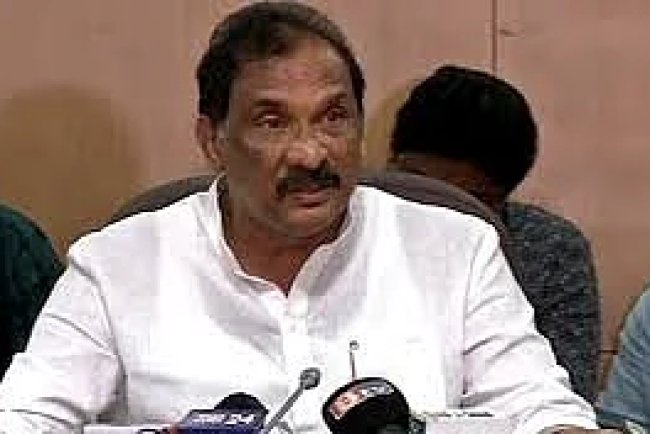Economic Survey 2024-25: CEA Criticizes Developed Countries for Lack of Climate Responsibility

India Slams Rich Countries on Climate Finance Deficit at COP29
The Economic Survey 2024-25 casts aspersions over rich nations for their failure to come good on climate finance promises at the recently concluded COP29 in Baku, Azerbaijan. Chief economic adviser V Anantha Nageswaran felt that the resistance of the high-income countries to offer crucial funds was reflected in the tough task for the developing economies on the way to a low-carbon economy.
Climate Finance Commitments Fall Short
Developed countries have agreed to achieve an annual climate finance target of $300 billion by 2035; the amount that is estimated to be required by the developing countries by 2030 is $5.1 - $6.8 trillion. The Economic Survey says that this amount is very meager and will not help the developing countries meet their climate targets under the Paris Agreement.
India has been asking for climate financing of $1 trillion annually in the form of grants and concessional loans. But the New Collective Quantified Goal at COP29 was not able to secure a commitment anywhere close to that figure, despite protests from vulnerable nations
.
Developed Nations Lagging Behind Their Own Climate Goals
The Economic Survey suggests that developed countries are behind the NDC by 38%. This is irony because in the Paris Agreement, the principle of equity exists demanding that countries whose emissions have always been high shall bear a proportionate responsibility of funding climate actions.
Simple enough, it's because they have to face the worst impact of it while shouldering much lesser responsibility for this global climate catastrophe, hence a very unscrupulous call to load up the developing countries with all this emission cuts burden. New Updated NDCs for the time period of 2031-2035, all from its member nations need to reach UN by February 2025 for attending the COP30, at Brazil, in November 2025.
India has been advocating an ambitious target on climate finance by stating the enhancement commitment only with the countries being developed so the action with climatic situations remains fully viable worldwide
.
Conclusion
The Economic Survey 2024-25 explicitly mentions that climate finance remains one of the largest gaps in international climate action. The developing countries will be left in a state of loss due to inadequate funding to implement low-carbon strategies and meet global climate goals. The debates about equitable climate finance promise to continue with India nudging richer countries towards bigger financial commitments as COP30 draws near.
What's Your Reaction?

















